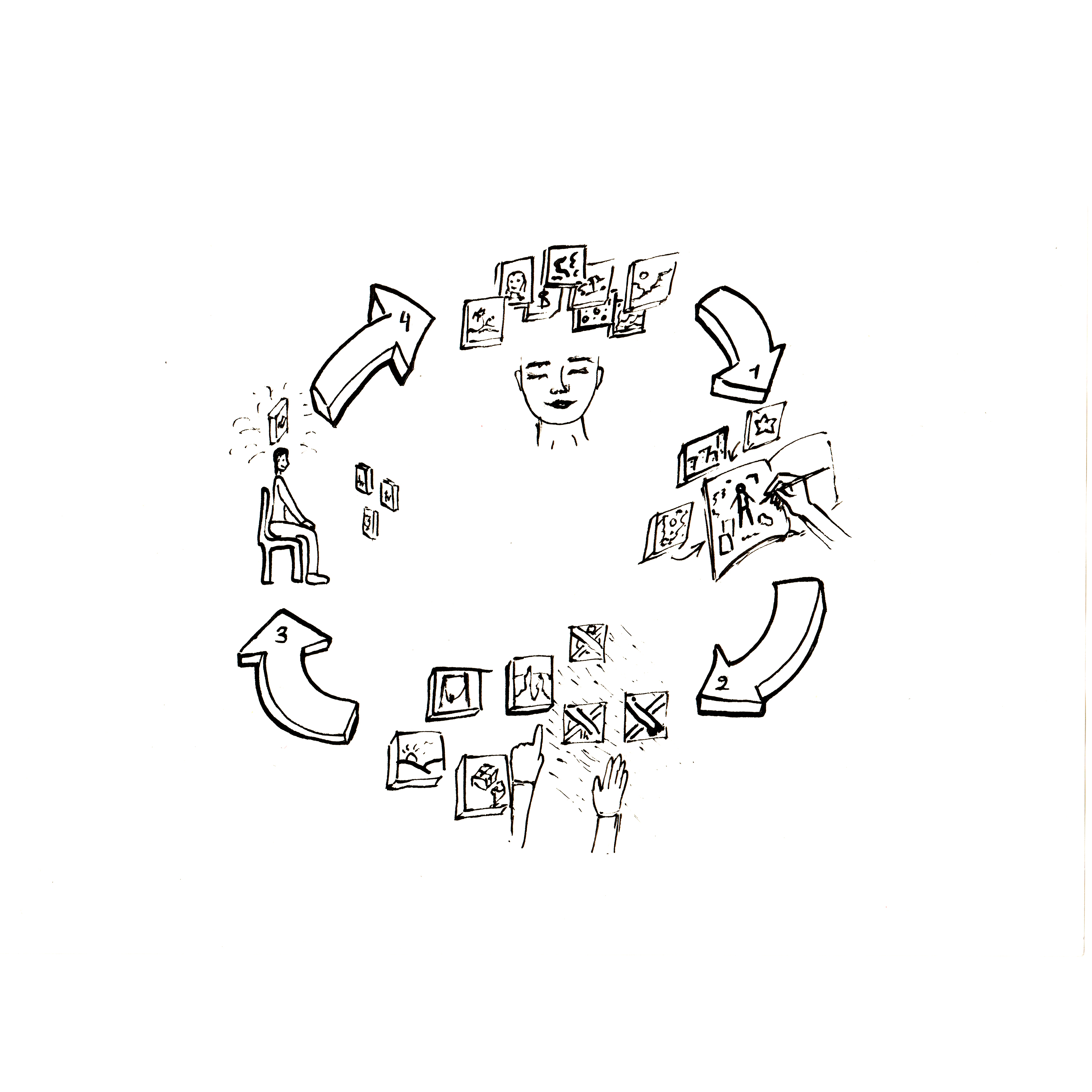HONEST AND BALANCED CONTENT

One of the main conclusions of thisconversation is that people who adhere to the rule of "HFL" are notafraid to be happy, and they do not shy away from talking about it on theirsocial media. Moreover, they understand that honest and positive content canbecome a point of support for both the rear and the frontlines. Many social media users have gone quiet sincethe beginning of the war. When they do post, these are usually re-posts of newsor messages full of grief, hatred, and suffering. They do not share their reallives, even, and especially, if (especially if!) these are peaceful and safelives that are filled with happy moments. The further they are from grief andsuffering, the stronger their feeling of guilt for their well-being. In theiropinion, demonstrating a normal, let alone joyful, life is inappropriate and canbecome a trigger for others. An interesting observation: social media isonce again imposing its templates on users, producing in them a sense ofinadequacy and guilt. Before, the overtdemonstration of luxury and hypertrophied perfection (conditional 90-60-90measurements in all spheres of life) exacerbated the feeling of inadequacy inthe content user (e.g., not beautiful enough, not smart enough, not richenough, not successful enough, etc.). Now we have a new problem: I don't grieveenough, I haven't donated enough money to the army, I don't experience thehorror of war enough. A girl will not record stories on Instagramwith an unwashed head and bags under her eyes. First, she will style her hairand put on makeup, then she will get in the car or settle down at a table in acute establishment with a nice cup of coffee. Likewise, the new"trend" does not accept "no makeup" content: if it's atragedy, it has to be amplified and overstated, just like volunteering,donations, or hatred towards the enemy or those with different views. Those who follow this trend and are beinghypocritical on social media bear more responsibility for the content theypublish than people who still post about their happy and bright lives as ifthere was no war. The latter are still in the state of denial - the first stageof acceptance. Their psyche refuses to accept reality and adapt to newconditions. The former are often people who already adapted to the war, buteither truly do not allow themselves to live, or are being dishonest. In eithercase, they unconsciously harm not only themselves but also those who read orwatch them. The human psyche is not made for permanentsuffering. If we bombard our brain with an endless stream of unhappiness, itwill forget about the neurotransmitters of happiness. Accumulating grief isfraught with emotional burnout, exhaustion, depressive episodes, and thenfull-blown depression. To avoid this, it's essential that after every shock weallow ourselves to experience a dose of happiness to let the brain register ahappy moment that will leave a corresponding positive mark in our body andmind. Here's an example: In the past, the sight of the first snowimmediately filled social media feed with pictures, videos and inspirationalposts. This winter is different: the appearance of the first snow causedphysical and emotional pain. It's hard to be happy when our guys are in thetrenches. It's cold there. But if since your childhood you've been charmed bythe crunch of fresh snow or enjoyed the first white patches of fluffy and softharbingers of approaching winter holidays, don't break this long-establishedneural happiness pathway. Feel the crunchy snow in your hand, and then go doall you can for the military, for volunteers, and for your loved ones. Butfirst, touch the snow, capture the Happy Moment, take a photo, and share itwith others. This is important. And not just for you. Inthe dark moments, people subconsciously crave positivity, a break fromgrieving. They also look for it on social media when they scroll through theirfeed in the evening after an emotionally tense day. And what's in the feed?Same sorrow, despair, and fear. But what about a glimmer of hope? Your pictureof the first snow or a cup of coffee or a video from the gym can be thatglimmer. In between the air raids and strings of sad news, life keeps going on,and that's the main message that prevents a person from giving up and fallinginto an emotional stupor. By publishing exclusively negative content andignoring regular life, you are definitely not supporting those who are defending our right to live onthe frontlines. Because what does a soldier see when he manages to catch hisbreath and take a moment for social media? He sees that his efforts are invain, that he's not doing enough, because people in the rear are stillsuffering, no matter how hard he fights for their safety and well-being. Itwould be much more helpful for him to know that the country he is risking hislife for is persisting and moving forward despite the enemy. A goodillustration is family life. If a husband earns money, provides for his family,and "fights" on the job front, and his wife is constantlydissatisfied and nagging, sooner or later he'll give up. People who are hungry for life post honest andbalanced content. Throughout the day, their stories feature everything fromcoffee and the first snow to mourning, a child's birthday, donations, iceskating, work successes, candlelit dinners, and much more - all honest andbalanced. Lying and conforming to an imposed narrative only happens when thereis a fear of making mistakes, which is a sign of immaturity. Maturity, on the other hand, is the ability topreserve oneself so that someone else can rely on you. It is internal stabilityand courage, to be honest with yourself and others. In difficult times, whetheroffline or in your feed, you should have someone you can rely on. One shouldstrive to be such a person, someone with enough optimism and life energy forthemselves and for that guy in the trenches.
